 |
 |
 |
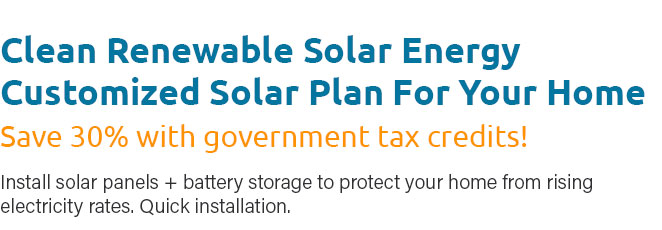 |
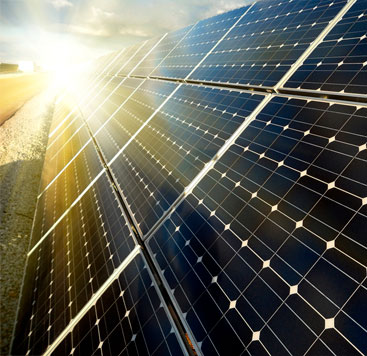 |
 |
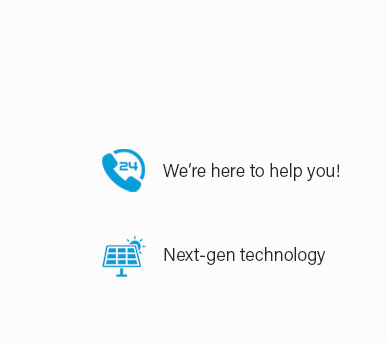 |
 |
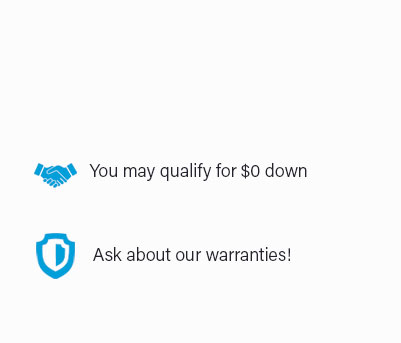 |
 |
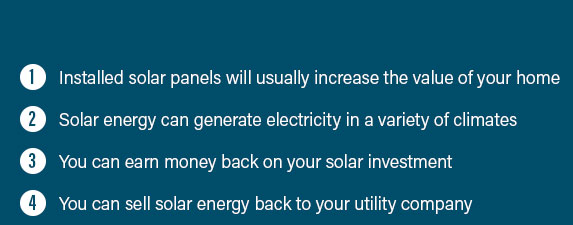 |
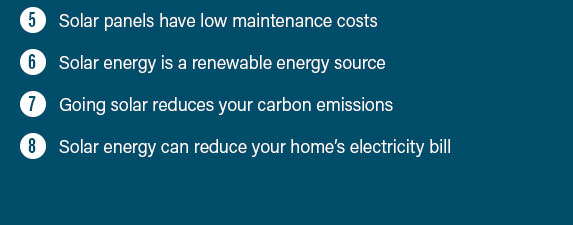 |
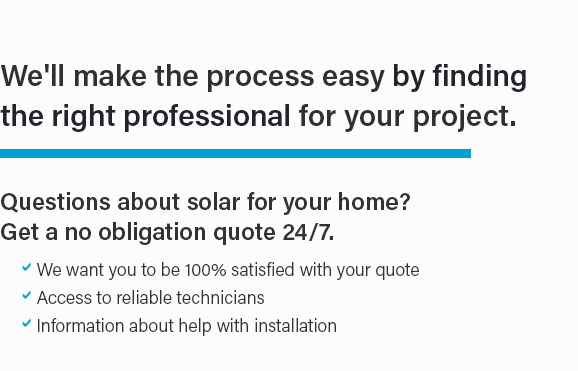 |
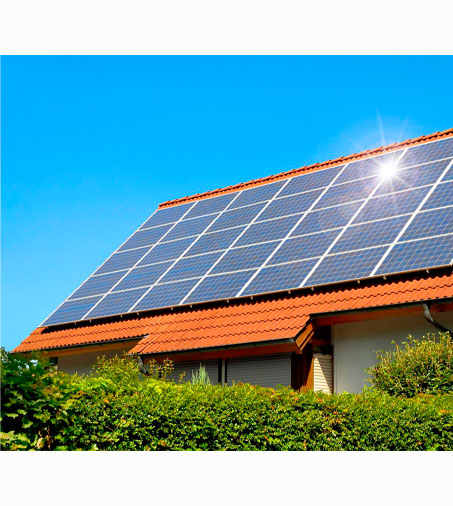 |
|
 |
 |
 |
|
Unleash the power of the sun and transform your home into a beacon of sustainability with our unparalleled solar panel installation services-our tailored solar panels installation quote empowers you to take the first bold step toward energy independence, offering you a seamless and efficient path to harnessing clean, renewable energy with a custom-designed solar panel system that not only cuts your electricity bills but also elevates your commitment to the planet; it's time to make a difference with confidence and ease, knowing you're backed by industry-leading expertise and unwavering dedication to excellence.
https://www.familyhandyman.com/project/off-grid-solar-power-system/?srsltid=AfmBOor1R4zyJLS6jCIPaasnv0KGxtCyJ7dvZR3DzyyDTXTJjmqVU1H5
You can start small you don't have to cover your entire roof with solar panels. A compact off-grid solar array is a fantastic solution for RVs ... https://www.quora.com/Is-it-possible-for-individuals-to-install-their-own-home-solar-panel-systems-or-is-it-recommended-to-hire-a-professional-with-experience-in-this-area
In most localities it is allowable to build a DIY off-grid system. I built one in 2007 with a 1.3 kW PV array, 22kWh of batteries, ... https://unboundsolar.com/blog/step-by-step-diy-solar-installation?srsltid=AfmBOopM5_6dj1ehnJldS0emDIuMkjJGuagMY_2zNX1uPSLInlS2HMZA
Plan your lift; know what you are moving and where before lifting. Have two or more people carry panels in heavy winds to avoid accidents. Be ...
|